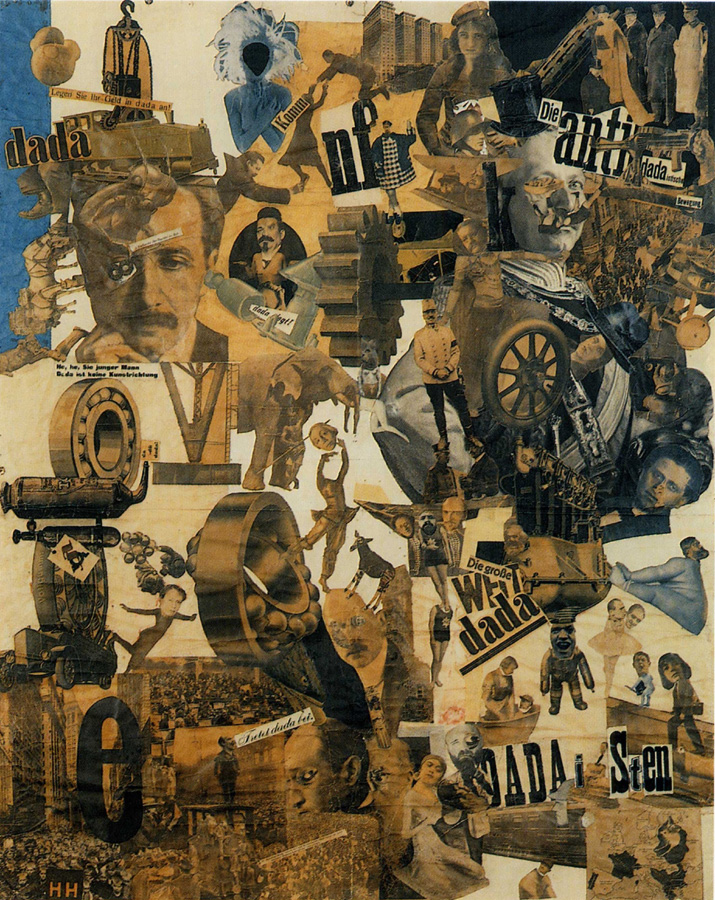Exercise: IMG collage: Difference between revisions
| Line 27: | Line 27: | ||
* [http://pzwart2.wdka.hro.nl/~aleray/techdaze/2008-2009/2.01/collage_sarko.html Alex & Stephanie] | * [http://pzwart2.wdka.hro.nl/~aleray/techdaze/2008-2009/2.01/collage_sarko.html Alex & Stephanie] | ||
* [http://pzwart2.wdka.hro.nl/ ] | * [http://pzwart2.wdka.hro.nl/ ] | ||
* | * | ||
== Refs == | |||
<references/> | <references/> | ||
Revision as of 16:26, 13 January 2009
Using only a text editor and the tag, create a single web page that displays side-by-side a collection of images from different sources online. You should have at least 7 different images, each from a different (website) domain. The collection should be coherent, about a single thing; for instance, the images might be:
- related to a topic or theme (thematic collage)
- related to yourself (self-portrait)
- related to someone else (portrait)
- share a common visual aspect, such as a color, or pattern, or shape (a "swatch", in the traditional design sense)
- share a hidden / cryptic connection (a puzzle?)
Think of a possible critical use or context for viewing for your collage. How might your collage contribute to a personal research question, serve to illustrate a point, or suprise or otherwise engage those who view it.
At this point, you will not be dealing with more advanced layout (CSS) or interactivity (javascript, rollovers, etc).
Collage as Critique
The term collage comes from the French word coller, to glue, and was first used by cubists (Braques, Picasso) to describe their work.
Collage as a form has been used as a technique to look critically at mainstream / normative media but taking elements out of their original popular contexts and re-contextualizing them. An attempt is made to reveal links that would normally remain unseen or unspoken because of the connections being uncomfortable for some or otherwise problematic.
Results


